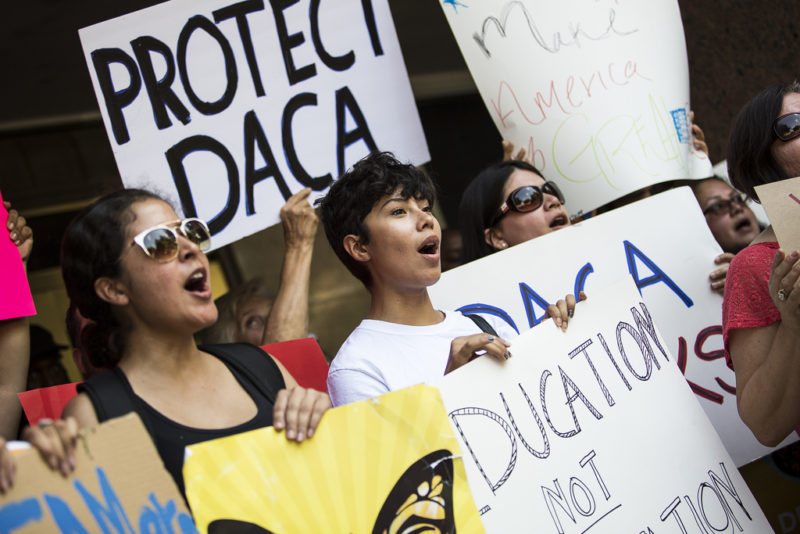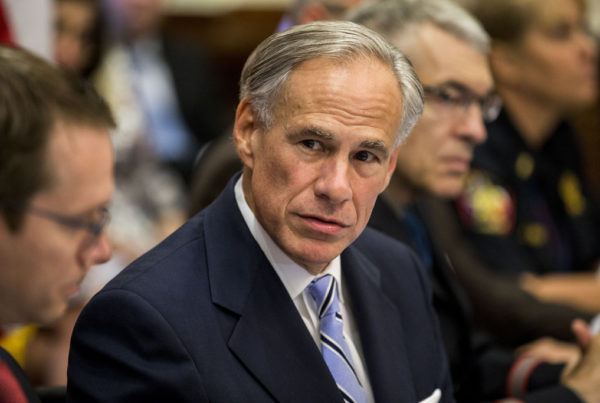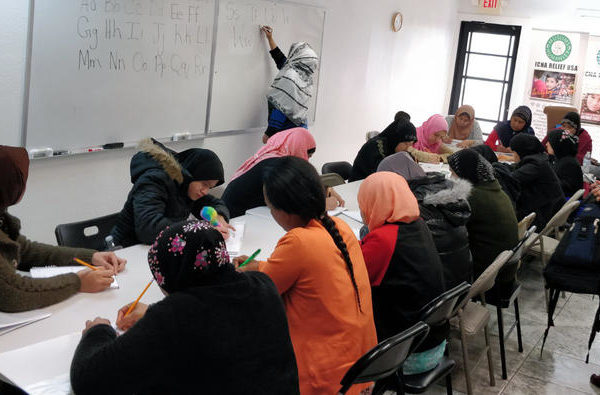South Texas is ground zero for a fight to end DACA, the Deferred Action for Childhood Arrivals program. The Trump administration has tried to end it, but twice, courts have ruled that the administration can’t do that. Now DACA opponents are trying a different legal maneuver – Texas and six other states have sued the federal government. The Trump Justice Department’s not putting up a fight, which could mean the end of DACA.
Pete Williams, the chief justice correspondent for NBC News, says the lawsuit forced the government to state its position.
“And now they’ve responded and they’ve said, ‘Look, we agree. We think DACA is illegal, too,’” Williams says.
This lawsuit is based in Brownsville, but federal courts in California and New York are also ruling on DACA.
“When the government tried to shut it down last fall, opponents led by the University of California said, ‘Wait a minute. You can’t do this. The government’s claim here, that DACA is illegal, is flawed. You can’t shut DACA down until we’ve had a trial.’ The Ninth Circuit case is now before the court of appeals,” Williams says. “The New York case isn’t as far ahead.”
Earlier this year, the federal government tried to override the system and take the case straight to the Supreme Court, but justices ruled that it should work its way through the system. Now the Texas case joins the others around the country, and Williams says it’s easy to predict what the outcome might be in Brownsville.
“I don’t think I’m spoiling the plot here by saying that Judge Hanen, the federal district court judge there in Brownsville, has already in a sense ruled on the main issue here,” he says. “Because you may recall that three years ago he said that the DAPA program, for parents of children, was illegal and that went all the way up to the Supreme Court.”
If the judge in Brownsville rules that DACA is illegal, but the California and New York judges uphold it, the federal government could find itself in uncharted waters.
“The government would be in an impossible situation because no matter what they do, they’re going to violate one court order or the other,” Williams says. “So they’re going to go to the Supreme Court.”
He says that may be part of the administration’s strategy.
“What it would do is say to the Supreme Court, ‘We want you to put all the lower court orders on ice. Put them all on hold. Stay all the injunctions.’ If that were to happen, then there would be nothing telling the government what to do about DACA. It would be free to do whatever it wanted,” he says. “And of course it would then be free to begin trying to shut it down again.”
What’s clear is that this legal showdown is no ordinary case.
“The reason is that these nationwide injunctions – when a single judge in a district court somewhere imposes a nationwide injunction – the people I’ve talked to at the Justice Department say this has never before happened, where there would be competing nationwide injunctions telling the government to do two different things.”
Williams says the Supreme Court could choose to stay either one injunction or the other.
“I just frankly can’t guess what the Supreme Court is going to do,” he says, “because there’s really no history to base it on.”
Written by Jen Rice.
















